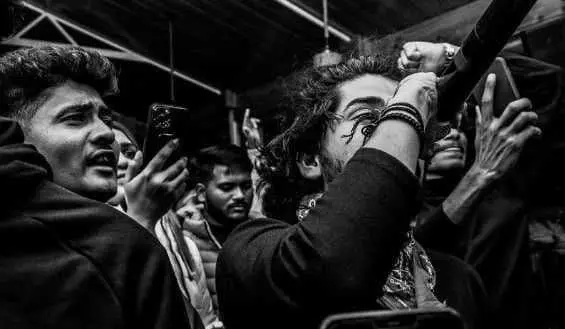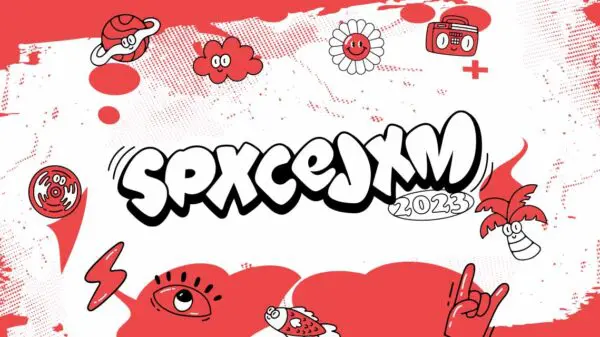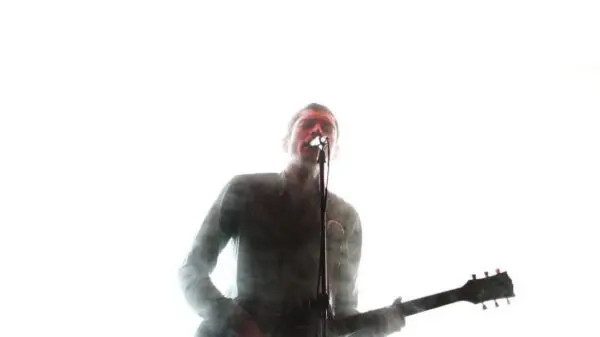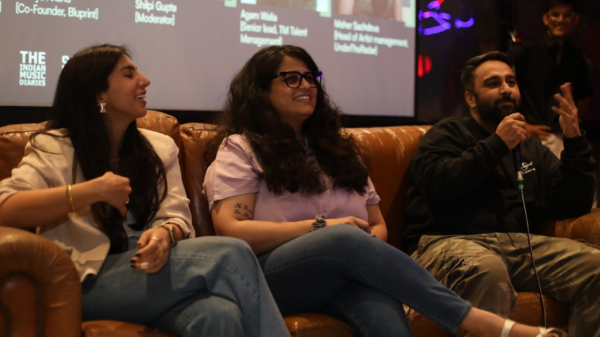Overseas, hip-hop is a long way from representing the counter-culture in the same way that it once did. Since the genre’s formation, and gradual but steady permeation of popular culture, it has meant many different things in the different decadal eras. Its journey – from anti-establishment wildcards to hardened gangster parables to slick emotional treatise, and everything in between – has been one with its fair share of scrutiny and challenges regarding the value that it adds to the larger musical landscape of a time. So, naturally, when that blueprint got imported internationally, and found its way in our country, a lot of things were bound to become misinterpreted and lost in translation, regardless of the creative intentions. Hip-hop in India today is arguably the easiest bridge between the usual Bollywood item fare and the independent music perspective, and it certainly is the sub-sector with the widest reach in terms of the latter. A people’s choice best of both worlds where everyone can be happy. For the most part.
KALAM INK, the 25-year-old freshly-minted rapper from Dehradun, doesn’t have the straightest path to the genre. Dabbling in the lovelorn lo-fi R&B/rap space for most of 2021, he seems to have switched lanes to hardcore rap sometime late last year when he welcomed his fans to a “new world” in an Instagram post. What followed is his debut album “KOLD WORLD”, clocking in at a 30-minute-and-some runtime, with some featuring artists peppered in. The album title is a play on another debut album title: that of American rapper J. Cole, whose style and physical aesthetic seems to be the clearest influence on KALAM INK’s own. This is not an anomaly. Cole could unabashedly be called one of India’s favourite western rappers, what with his sparse, sometimes preachy lyrical prowess mostly taking centre stage in a sea of bright jewellery and fancy cars. Cole himself could be considered a counter-culture figure in the hip-hop genre today, very publicly decrying the new wave of rappers (to take his words back after) and his commitment to the art of the diss track.
KALAM INK is operating from a similar “not like the others” mindset on his debut album, but in trying to separate himself from the usual crop, seems to leave his defences on too high to let anything unique or truly authentic shine through. The project opens with “Indian Cole”, which couldn’t be more on the nose as far as thesis statements go. The lyrics make a staccato on the garden-variety beat on a pitched up loop sample, as goes from claims of feeling like an orphan even if he’s technically not to being in a bathtub filled with the blood of his ‘opps’. The track runs longer than you would expect with a voice note outro (another staple in new-age hip-hop) of him laying out his mission for his rap career: to just vibe, and to not be taken advantage of as he has been in the past. This energy continues on most of the record, following up on the next track “Expensive Vision”, where he quotes the Gita and claims to have turned his haters into a part of his new audience. “God Talking” follows, with autotune vocals insisting his uniqueness from the other rappers in the game, and where he distractingly also drops a heavily-used western slur he has no business using on a record. “Industry Talk” is another rap stemming from his frustration towards his peers, which breaks with a melodic chorus. The track ends with a voice note outro, yet again, where he dedicates his mission to be that of saving lives and leading his fanbase, which he definitively calls a “cult”. “Ra Ta Ta”, the clear hit on the project, in terms of numbers, is an interpretation of the popular onomatopoeia in new age rap.

The track, coupled with the following, sonically easier “Fame Talks”, speaks to his stature in the Indian rap scene, with pointed digs at his contemporaries. From this point on, the project takes a bit of a left turn towards what could be a callback to his lo-fi R&B past, with “Two Poles” painting a somber picture of melancholy, insecurities and sobriety. “Kya Me” is a self-doubt talk aloud over a guitar riff, with sneak audio of his haters quite literally voicing their discouragement. “Khuda” could be the closest to his prior work, and features out and out singing about flirtations and Nike and Balenciaga shoes. “Night Talking” is a classic penultimate track with sworn promises of standing by his friends till the end of time. The album closer is a lo-fi version of “Industry Talk”, in the vein of the popular YouTube phenomenon of distorting a well-known song to make it sound like you’re hearing it in the bathroom during a roaring party.
KALAM INK sets out to check all the boxes of what constitutes a rap album in the consciousness of the Indian youth today, while attempting his do-it-yourself attitude towards emulating his idol. The album is a dense colouring book – to borrow another well-known rap album metaphor – with crayon scratchings in all the right places with all the appropriate looking colours, with plenty of white, negative space still visible to the eye. The picture’s all there, from a distance.





























